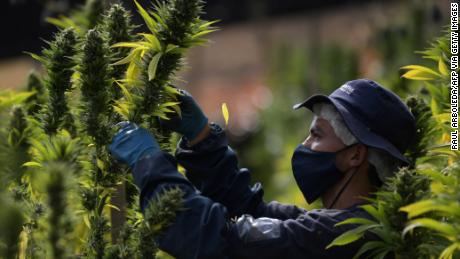This country calls time on the ‘war on drugs’

For many, Colombia is synonymous with drug cartels and narco-traffickers. It is one of the largest narcotics producers in the world — last year, the US government He envisions a network of state-regulated dispensaries where cocaine could be sold under medical prescription, and regional agreements across other drug producing countries. The three largest producers of cocaine in the world — Bolivia, Colombia, and Peru — are all currently ruled by ideologically aligned, left-wing leaders. Bolivia has a thriving legal market of coca byproducts, mostly dry leaves that are chewed by the indigenous population and already in 2012, the governments of Bolivia and Colombia pushed for a regional re-thinking of drug policies in multilateral meetings.”We could for example make a small treaty in our countries to modify the 1961 Convention on Narcotic Drugs and plant the first flag of legalization in the world; other countries may follow,” the senator said.But before international treaties are rewritten, Colombia might still have a legal battle ahead of it. As it stands, the Colombian constitution explicitly forbids using narcotic drugs without medical prescription; so even if Congress passed a law legalizing recreational marijuana, it could be deemed unconstitutional by the Supreme Court.An appeal to eliminate that article has already started by another lawmaker, Congressman Juan Carlos Losada.”It’s a two-front battle. Our legalizing bill in Congress, and the appeal by Losada to the constitutional court. Whichever comes first we will support it, because this country needs peace,” said Bolivar.







